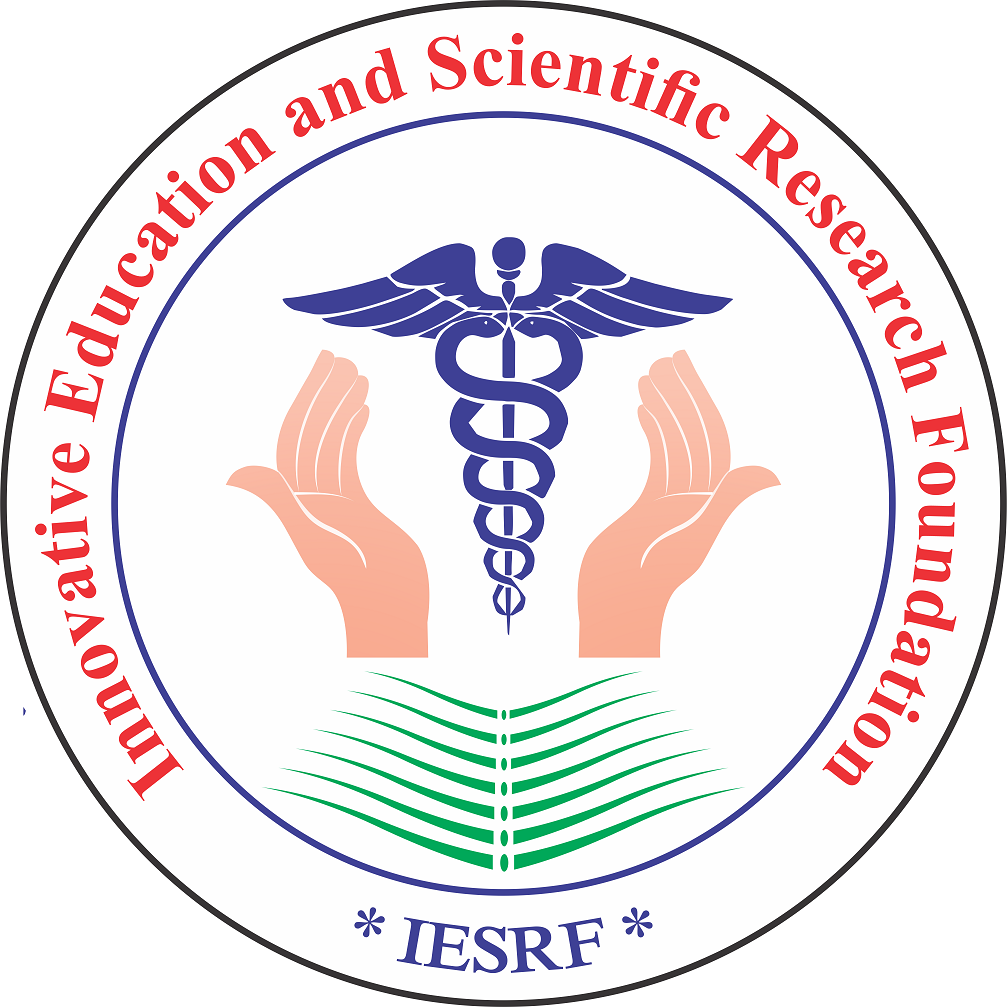Curcumin, the primary active component isolated from the herb turmeric (Curcuma longa), stands out with its possible disease-treating effects on the mental health issues, notably depression. Depression, a mental condition distinguished by the lasting depressed mood, anhedonia, or cognitive dysfunction, has been widely researched in relation to curcumin’s drug effects. Curcumin has anti-inflammatory, antioxidant, neuroprotective, and neurotransmitter-modulating properties, which promise it to be a good candidate for mental health together with therapies being used by the doctors. A few trials that were carried out recently to see the medications in action on major depressive disorder patients. A vivid example was a randomized group trial done by Sanmukhani et al. (2014) that proved the use of curcumin (1000 mg/day) was equally the same as fluoxetine (20 mg/day) at reducing the symptoms of depression during six weeks. In a similar vein, Lopresti et al. conducted a double-blind, placebo-controlled study in 56 patients with MDD, where twice-daily use of curcumin (500 mg) showed a significant improvement in depressive symptoms compared to the control group. These findings have been backed up by meta-analyses of numerous trials which have demonstrated the complete efficiency of curcumin in a way similar to common antidepressants but with little or none of the adverse effects. The mechanisms through which curcumin is active encompass regulation of monoamine neurotransmitters (serotonin, as well as dopamine, and norepinephrine), boosting the synthesis of plasticity marker BDNF, the reduction of inflammatory substances and ROS production, and also the regulation of the hypothalamic-pituitary-adrenal (HPA) axis. However, despite all these amazing findings, some problems such as low bioavailability have led to the development of more advanced methods (e.g., nanoparticles, piperine co-administration) to increase absorption and therapeutic efficacy. In summary, curcumin is expected to be a new way of treating depression in the future, however, a more comprehensive study with larger sections in the future is needed to clinch its clinical utility.
Keywords: Curcumin, Neuroprotective, Depression, Schizophrenia, Anti-inflammatory, Anxiety
